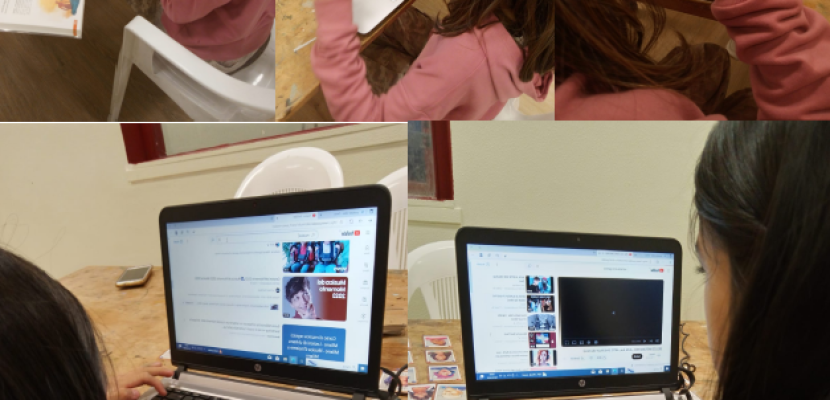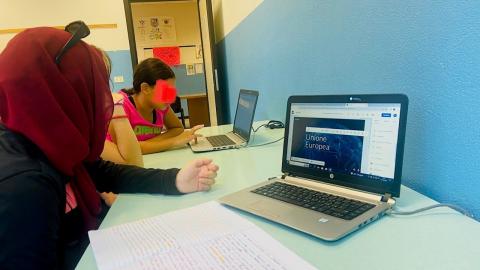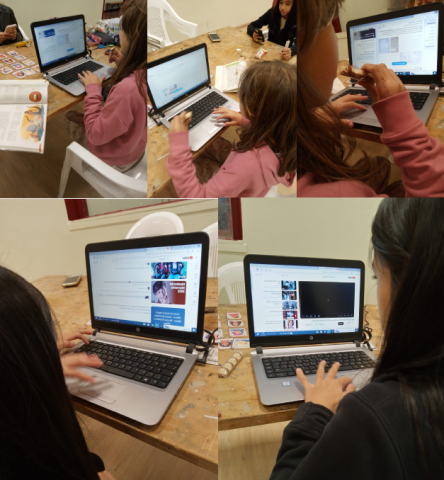
Laptops and tablets circular supply chain

About this good practice
Laptops and tablets donations to underprivileged minors and associations was a CSR project that Milan carried within the Covid19 emergency: pupils and associations dealing with youngsters raised the urgent need of having laptops or tablets available for pupils to follow online classes and keep in touch with their peers.
In this respect the Municipality approached a range of companies proposing to donate their used laptops and set up a supply chain: computers were donated and prepared by private companies (that were dismissing/renewing them anyway), collected by the Municipality and distributed through no profit organizations to families and associations in need.
This approach was proven very successful since companies needed to get rid of used computers and the Municipality needed second-hand high-quality computers to allow pupils to follow online classes: needs were aligned and actions followed easily and smoothly.
This multistakeholders CSR project followed principles of circular economy and social inclusion and whereas the Municipality of Milan did not communicate the results openly, companies promoted their CSR activities on newsletters and social media.
An important lesson learnt has been that in-kind donations and collaborations in between private and no profit sector using the PA as a facilitator projects are much faster and efficient. Around 1000 devices in 2 years have been delivered, producing tangible and intangible effects that resonate till today.
Resources needed
This whole CSR project didn't involve any money, only in-kind donations from companies e.g. Deloitte, Intesa S.Paolo, KPMG.
Human resources needed from the Municipality of Milan have been: 1 project coordinator and 1 project assistant (part time). From the Private sector: 1 sustainability manager
Evidence of success
This good practice put together complementary needs from the private, public and social sector resulting in a perfect circular economy for social inclusion project.
All stakeholders and beneficiaries were happy and satisfied with their role and results. Around 1000 families and minors have been empowered and provided with the right devices and connectivity to carry on their studies and activities in a time of emergency and need. Companies included this project in their sustainability report.
Potential for learning or transfer
This project can be easily replicated and adapted to different countries, cities and contexts since it does not require any specific budget nor resources either than a good coordination and engagement/project manager.
Aligning needs and opportunities from different sectors can result in efficient projects, saving financial and material resources that can be then re allocated to different needs and priorities.
Since the whole project did not involve any financial donations, the process of donating devices went very quickly and smoothly, making cities and citizens more resilient and responsive in times of crisis.
Further information
Images




Good practice owner
You can contact the good practice owner below for more detailed information.
